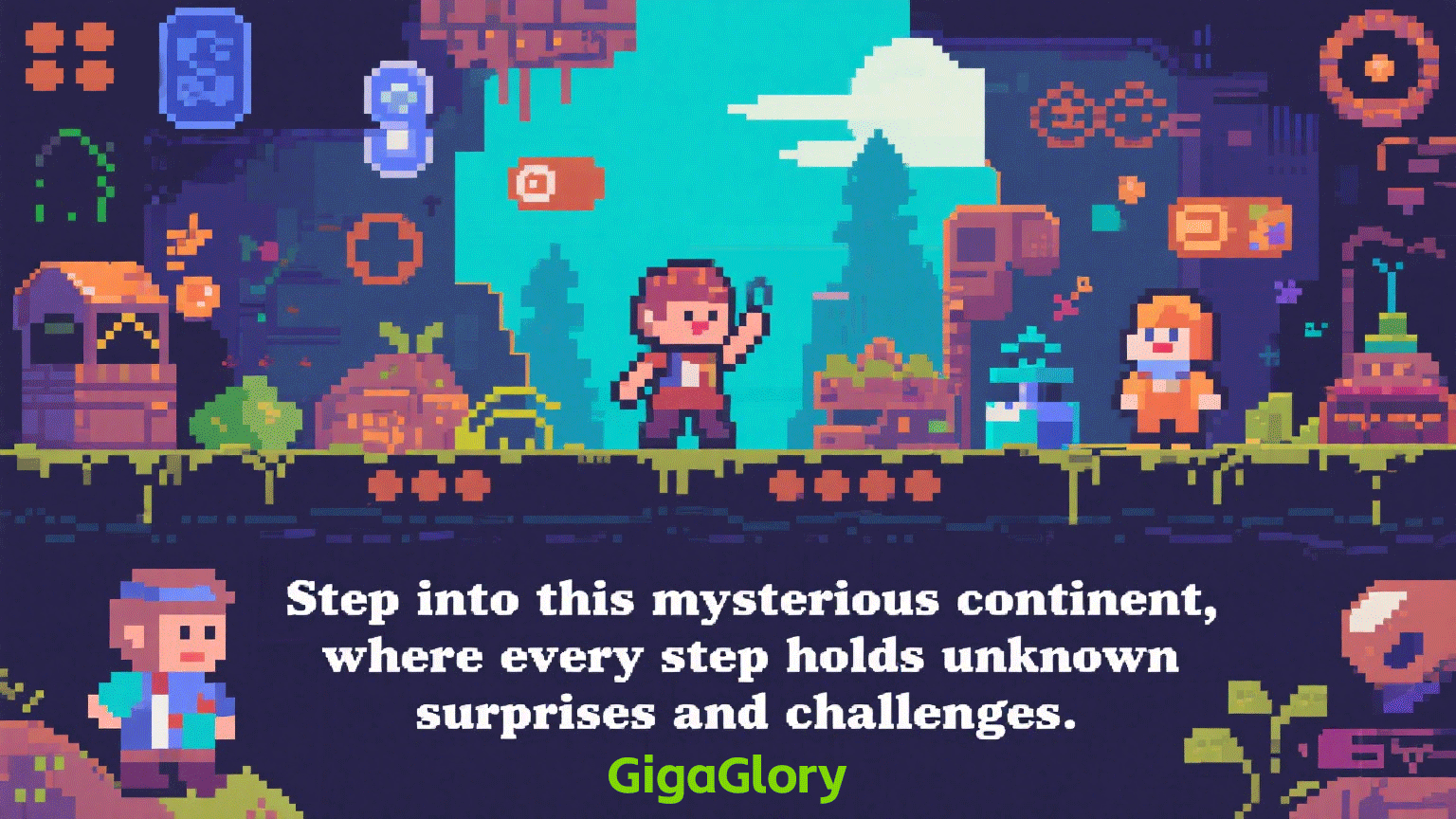Why Life Simulation Games Are the Ultimate Strategy Game Experience
In the ever-evolving realm of video games, **life simulation games** stand out as a unique hybrid of immersion and strategic gameplay. This article dives into the essence of why these games captivate so many players and how they redefine the concept of what a strategy game can entail.
The Essence of Strategy in Gaming
Strategy games have long been a staple in the gaming community. From traditional board games that demand critical thinking to video games that offer vast worlds to explore, the essence of strategy lies in making informed decisions. Life simulation games amplify this concept by integrating everyday decisions with overarching goals.
Life Simulation Games Defined
So what exactly are life simulation games? At their core, these games emulate real-life situations, allowing players to craft their virtual existence. Whether it’s farming in Stardew Valley or managing a household in The Sims, players navigate various scenarios, balancing resources, relationships, and personal ambitions. Players often encounter dilemmas reminiscent of real life, making each decision feel significant.
Why Life Simulation Games Are Different
- In-depth Character Development: Players create characters, building them from the ground up with traits that affect gameplay.
- Open-Ended Gameplay: Unlike traditional strategy games with clear victory conditions, life simulators often have no win/lose scenarios. Players shape their narratives.
- Emotional Engagement: The emotional connection with characters can be profound, prompting players to invest in their virtual lives.
Color ASMR Games: A Unique Twist
Among the life simulation genre, a sub-category known as color ASMR games has emerged. These games leverage color and sound to create a calming experience. Players can find solace in simple tasks, such as painting or landscaping, while also engaging their strategic minds. It’s an interesting juxtaposition: strategy and relaxation.
Exploring the Player's Mindset
| Motive | Typical Outcomes |
|---|---|
| Achievement | Sense of progress through leveling up or completing objectives. |
| Creativity | Building unique stories and expressing personal style. |
| Social Interaction | Connecting with other players through shared experiences. |
Diving into Delta Force Games
Although life simulation games are compelling, it’s essential to look at various genres, including tactical shooters like Delta Force. Discussions on Delta Force game Reddit threads highlight player strategies and experiences, showcasing the breadth of gaming interests. What’s fascinating is how these two genres can intersect, teaching players from one to adapt strategies in another.
Strategic Planning: It’s All About Choices
Strategic planning in life simulation games doesn’t just revolve around immediate tasks. Players must think long-term—choosing education paths, making career decisions, or managing finances for their avatars. Each choice might seem insignificant, but together, they shape the game’s narrative and the player’s progression.
Personalization: The Key Element
The hallmark of life simulation games is personalization. Unlike traditional strategy games where the mechanics can dictate the playstyle, these simulations grant players the freedom to define their circumstances. This level of control ensures that no two experiences are alike, nurturing creativity and strategic foresight.
Emotional Impact: More Than Just Pixels
When engaging with characters they’ve created, players often experience emotional highs and lows. These connections can lead to genuine moments of joy in achievements and heartbreak in struggles. This emotional layer enhances strategic decisions, as players become deeply invested in outcomes. It’s not just a game; it’s a world that reflects facets of their lives.
Conclusion: The Future of Strategy Games
Life simulation games encapsulate a revolutionary approach to strategy. By integrating emotional depth, personal stakes, and unique gameplay mechanics, they elevate the genre beyond traditional confines. As technology advances and developers experiment with new ideas, it’s clear that life simulations will remain a cornerstone in the gaming landscape. Players are drawn not just by the strategies involved but by the immersive experience that feels profound and relatable.
Exploring the realm of life simulation games changes the conversation around what a strategy game can be. The unique blend of choices, creativity, and emotional engagement marks these games as the ultimate strategy game experience, and they will likely continue to capture players' hearts for years to come.



